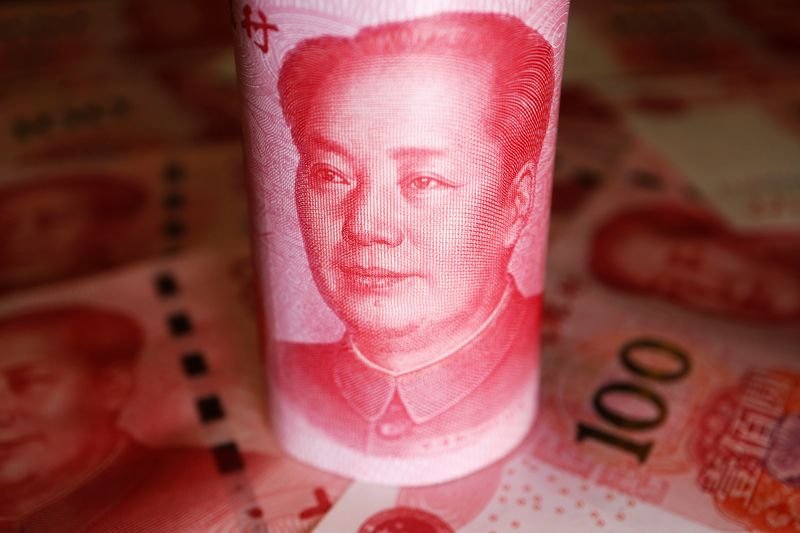ASEAN nations are now looking forward to restricting Chinese imports. The ten-nation bloc is embracing this direction due to fears of overdependence on China for goods and services, which could impact the Chinese Yuan.
The move is set to bolster regional industries and collectively check Chinese imports to evade overdependence and reliability fears, potentially affecting the Chinese Yuan’s stability.
Also Read: Ripple: AI Predicts XRP’s Price After SEC Victory
ASEAN to Curb Chinese Imports


ASEAN nations are tightening their stance on Chinese imports. They look forward to imposing specific trade barriers on Chinese imports as fears of over-dependence and reliability loom over their collective heads. The ten-nation bloc is currently strictly promoting its regional industries to strengthen its internal ties.
ASEAN Trade Complaints and Export Growth
Per SCMP, China has recorded 96 complaints concerning the trade restrictions. On Wednesday, the nation confirmed that its exports grew dramatically by 7% in July, with exports to ASEAN spiking by nearly 12.15% last month.
Trade Deficit Concerns
In addition, SCMP shared that the ASEAN nation’s trade deficit has also grown. Since the ten bloc nations depend heavily on imports rather than exports, their trade with China has surged from $44 billion (2013) to $133 billion (2022).
Anti-Dumping Investigations
China is documenting a spike in its trade restrictions, as Vietnam recently launched an anti-dumping investigation against the nation. The investigation was launched after a specific type of hot steel coil was imported into the country.
Industrial Overcapacity Fears
China has lately been receiving several trade barriers. Such trade restrictions have been put up by nations amid fears of industrial overcapacity. This roughly entails China producing more goods than it can sell, compelling the country to bolster its exports.
Also Read: ASEAN Country Philippines To Suffer If De-Dollarization Is Initiated
Curbed Exports: A Blow to the Chinese Yuan?
ASEAN thwarting the nation’s import plans may lead to lower demand for RMB, which could deliver a fatal blow to the prestige of the Chinese Yuan.
In addition, the Malaysian Trade Ministry recently announced its plan to launch an anti-dumping bill.
The bill’s vision is to protect its regional industries against the effects of unfair trade following the large influx of cheap imported goods from countries, including China.







